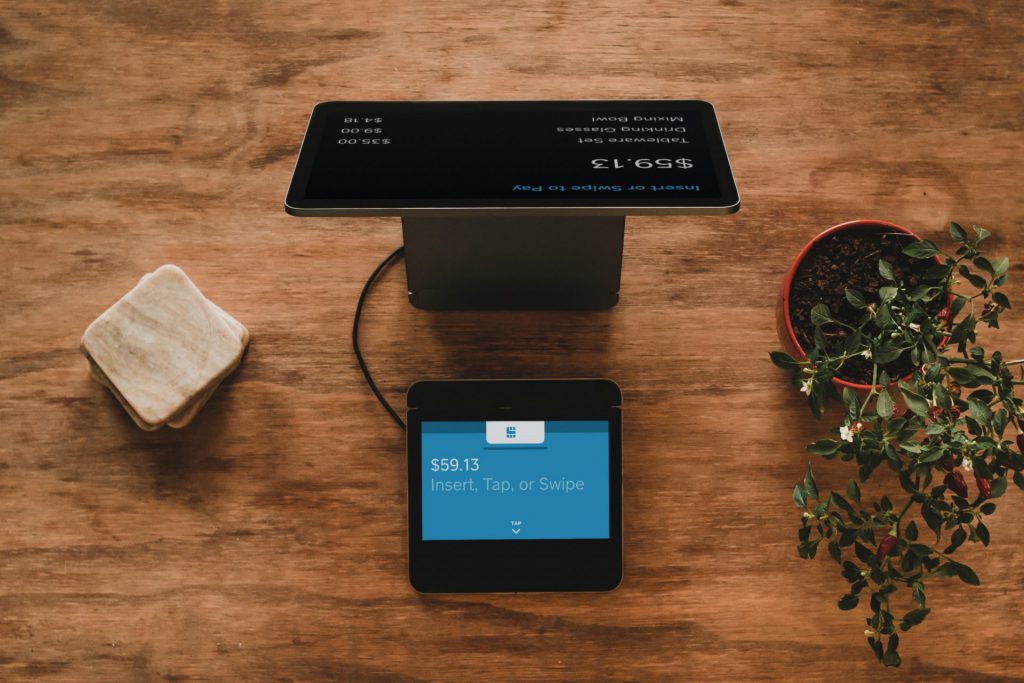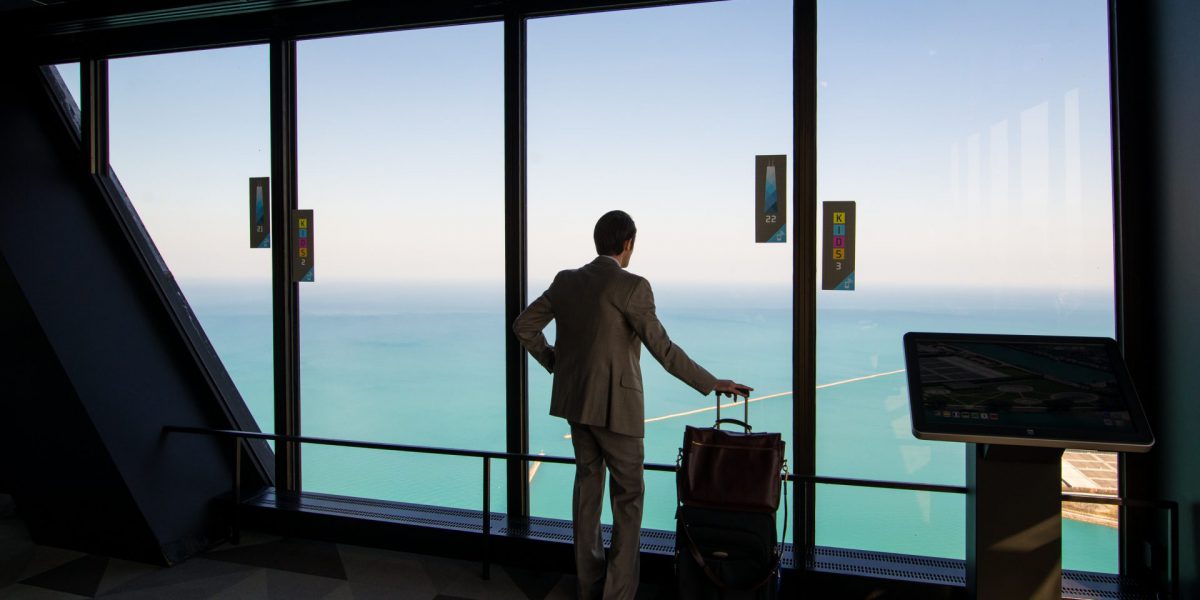Business travel is about tourists traveling for work and business purposes. During the pandemic, business travelers had to change from in-person meetings to online meetings and seminars via digital technology applications. Currently, in the new normal, business travelers can go back to travel, but there are also some new and notable trends in business travel that are forecasted to appear.
In terms of human management
Flexible in sending employees on business trips
Many companies are reviewing the value of sending employees on business trips. Employees value business travel because besides finishing work, they also easily build relationships with partners, colleagues or customers in other localities, simultaneously can combine traveling and visiting new destinations. Nevertheless, post-pandemic, with the convenience of technology applications, plans on business trips need to be considered and adjusted accordingly, balancing in-person and online meetings.
Adjust working policy
In this era, it is very important to limit presence in crowded places or common areas. The possibility of infection is higher when we work in a large building and contact with many people we do not know. Gone are the times of rigid employment policies for office-based workers. New worker expectations demand businesses to innovate their policy.
The transition to remote activities is rapidly changing the way people work and travel. Companies should adjust policies to the needs of their employees, allowing them to work flexibly anywhere, or adopt a hybrid work model, which means working both at home and at the office on certain days.
Of course, they can still get work done while enjoying a trip far away. Grasping this trend, many destinations are also offering attractive programs for “workation” tourists such as Dubai, Thailand, Spain, etc.
People risk management
An increase in remote and hybrid working demands companies extend their duty of care to employees whenever they are away from the office, and not just when they’re on a business trip. Forward-thinking companies are moving towards people risk management instead of travel risk management. After all, people are still the core force to the survival of a business.
The risks travel managers and travelers can mention such as extreme weather events, terrorism, economic risks and cybersecurity. That’s why companies must evaluate their travel risk management program to ensure their employees’ safety and security on the business trip.

In terms of cybersecurity and technology
Cybersecurity
Today, under the strong impact of the pandemic, online activities are happening more and more often. At the same time, cyber threats, as well as their potential impact, continue to grow. Many travel managers already recognize the importance of cybersecurity. They need to protect their company and travelers from cyberthreats. Business travelers should receive training in cybersecurity and follow the right precautions when traveling on business to avoid data risk to their company.
Fintech (Financial technology)
BCD Group’s travel buyer survey revealed payment and expense to be among some of the biggest pain points when managing business travel end-to-end. Adopting fintech-based solutions can help simplify, digitize and automate corporate travel payment, reconciliation and invoice management.
Fintech is the application of technology to the financial sector to help consumers easily access services. Travelers, companies, travel managers and finance teams can all enjoy the benefits from this solution.

In terms of the environment
The environment is one of the top concerns, not only in business tourism but also in all other sectors in the world. The 2021 COP26 UN Climate Change Conference put climate change and sustainability firmly in the global spotlight. More and more countries and non-governmental organizations, such as IATA (International Air Transport Association), are making commitments toward a net-zero carbon future.
Companies are engaging with sustainability, while travel managers are finding ways to reduce their program’s carbon footprint. Some calculation methodology can help companies accurately report on business travel emissions across air, hotel, car and rail. Thereby, they can adjust the balance towards the goal of zero carbon in the environment.

In short, human resources are the soul of a company, so companies need to come up with appropriate policies, especially when things have changed a lot after the epidemic. In the new era, employees need health safety assurance as well as flexibility in traveling and workplace. Next, the data of each company is very important and needs to be secured, so cybersecurity must also be a top priority. Therefore, business travelers should be trained in cybersecurity and apply financial technology to simplify business expense payment procedures. Finally, the environment is a common problem in all industries and fields. Not only business travel, the tourism industry and the whole world are moving towards sustainability and net-zero carbon emissions.
Source: Destination Review



